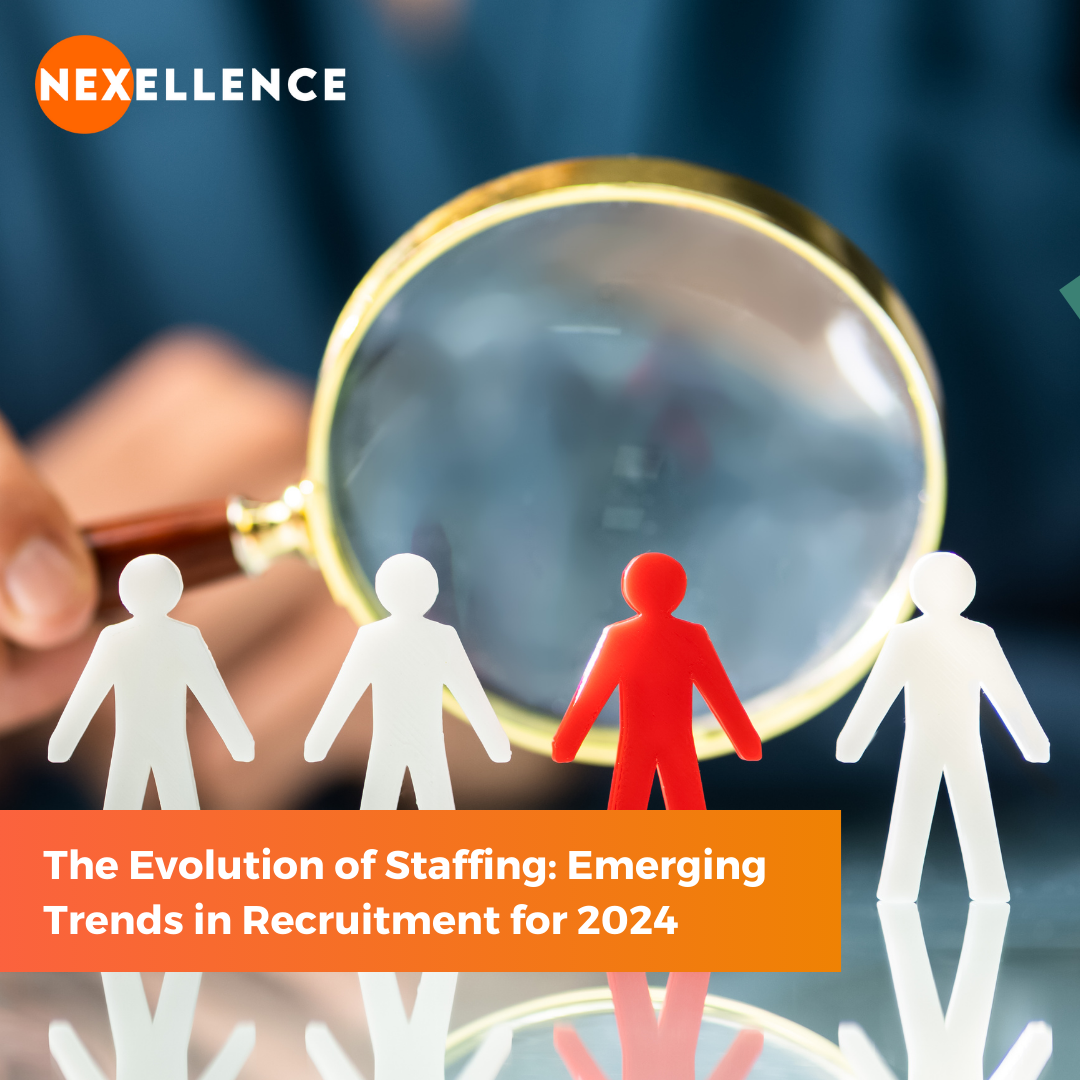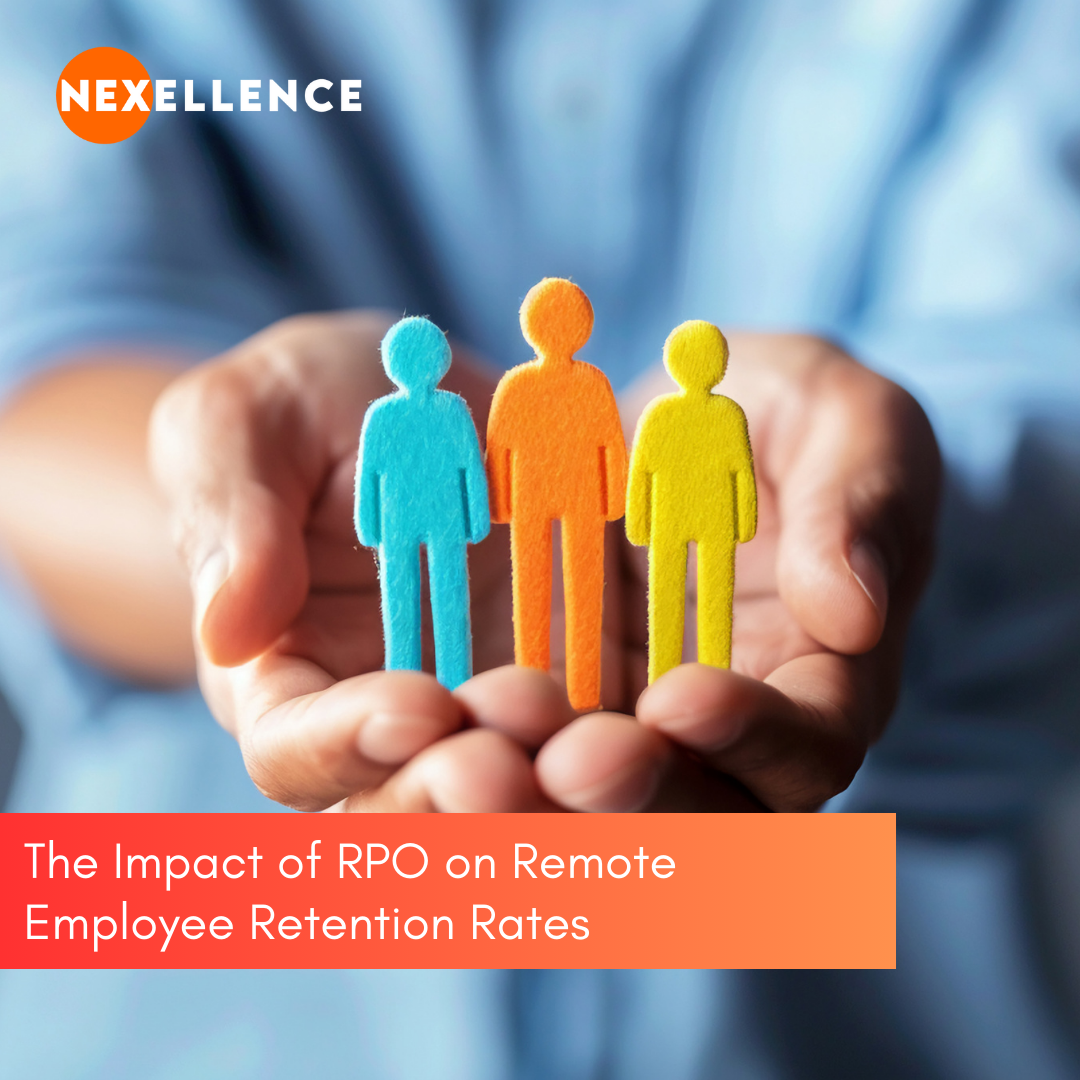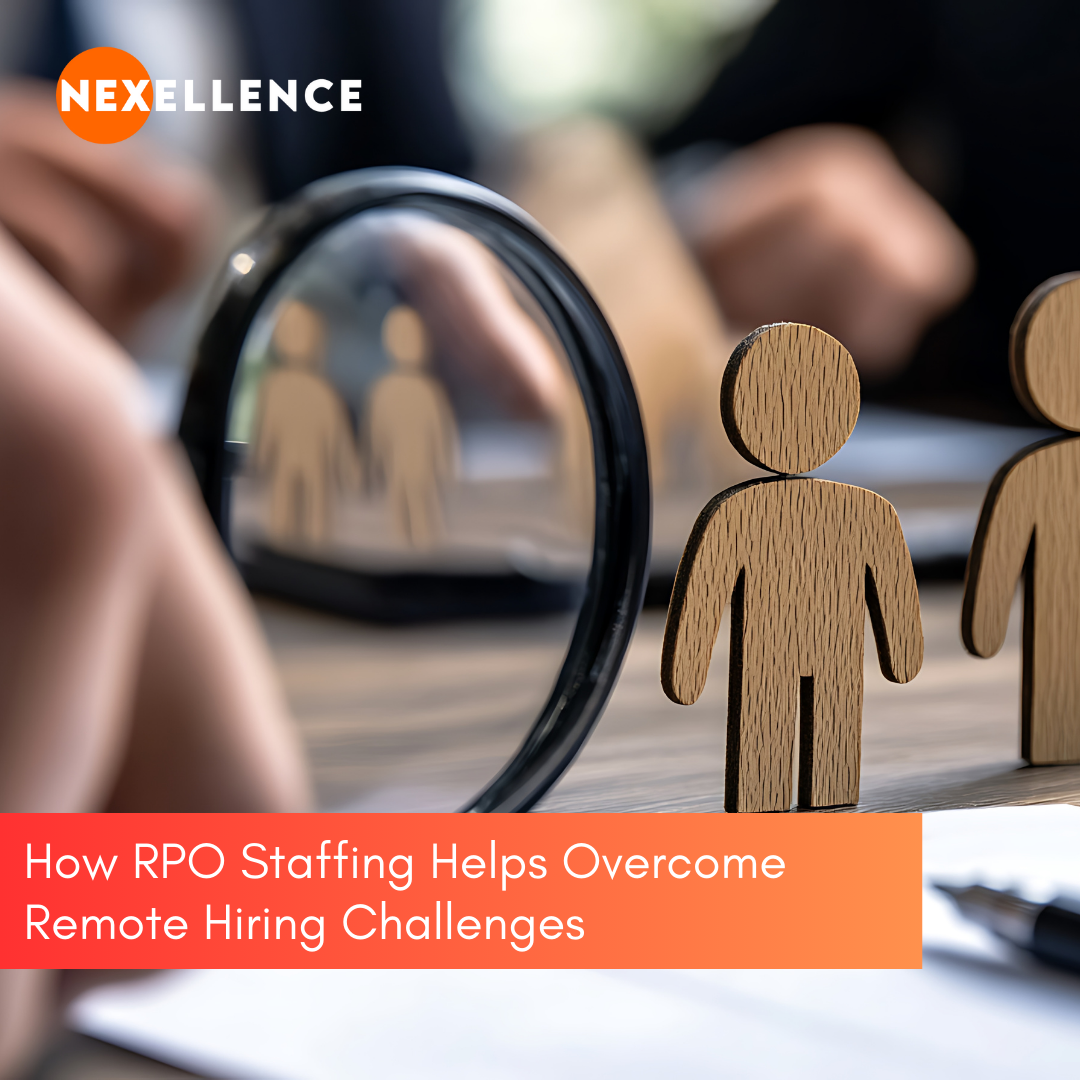Introduction:
In the ever-dynamic landscape of recruitment and staffing, staying ahead of emerging trends is crucial for both employers and job seekers. As we step into 2024, the evolution of staffing practices continues, driven by technological advancements, changing workforce dynamics, and the ongoing impact of global events. In this blog post, we’ll explore some of the key emerging trends shaping the recruitment landscape in 2024.
1. Remote Work and Hybrid Models:
The accelerated adoption of remote work during the past few years has transformed how companies approach staffing. In 2024, remote work is not just a temporary solution but a fundamental aspect of many organizations’ strategies. As a result, recruiters are adapting to assess candidates’ ability to thrive in remote or hybrid work environments, emphasizing digital collaboration skills and self-motivation.
2. Artificial Intelligence (AI) in Recruitment:
AI continues to play a pivotal role in streamlining the recruitment process. From automated resume screening to chatbot-driven initial interviews, AI helps recruiters save time and make more data-driven decisions. In 2024, expect to see even more sophisticated AI tools that assess not only technical skills but also soft skills and cultural fit.
3. Focus on Diversity, Equity, and Inclusion (DEI):
Companies are increasingly recognizing the importance of fostering diverse and inclusive workplaces. Recruitment in 2024 places a strong emphasis on DEI initiatives, with recruiters actively seeking out diverse talent pools, implementing unbiased hiring practices, and promoting inclusivity throughout the entire employee lifecycle.
4. Skill-Based Hiring and Continuous Learning:
Traditional education credentials are taking a back seat as recruiters shift their focus towards assessing candidates based on their skills and abilities. Continuous learning and upskilling are becoming integral components of career development, with recruiters valuing candidates who show a commitment to staying relevant in their respective fields.
5. Gamification and Interactive Assessments:
To engage candidates and assess their skills in a more interactive manner, recruiters are incorporating gamification elements into the hiring process. From skill-based games to virtual reality assessments, these methods not only make the recruitment process more enjoyable but also provide a more accurate representation of a candidate’s capabilities.
6. Talent Communities and Employer Branding:
Building and maintaining relationships with potential candidates is gaining prominence. Recruiters are establishing talent communities where they can engage with candidates over time, providing valuable insights into company culture and career opportunities. Strong employer branding has become a key differentiator, influencing candidates’ decisions to join or stay with an organization.
Conclusion:
As we navigate the recruitment landscape in 2024, the evolution of staffing practices reflects the ongoing changes in how we work and connect. From embracing remote work as a standard to leveraging advanced technologies like AI and gamification, recruiters are adapting to ensure they attract, assess, and retain top talent in this dynamic environment. Keeping abreast of these emerging trends will be essential for organizations and job seekers alike to thrive in the evolving world of work.





